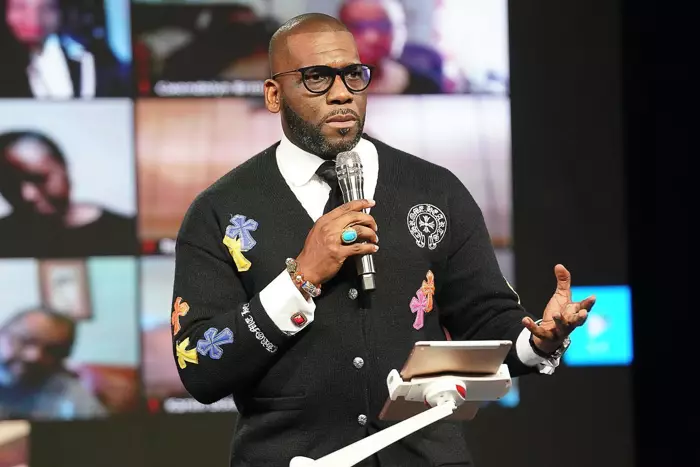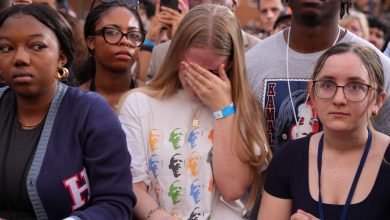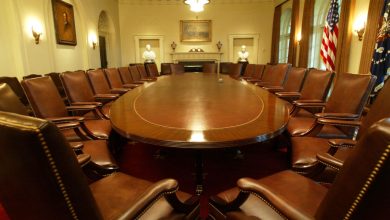When Worship Becomes Political: Pastor Jamal Bryant’s Criticism of Black Pastors at the White House Sparks Controversy

Washington, D.C. – A powerful moment of worship took place at the White House Faith Office last week, where nearly 100 Black pastors gathered—many of them biblical conservatives—for a rare and unprecedented moment of prayer, praise, and spiritual unity within the walls of government.
But the spiritual milestone was swiftly met with criticism from Pastor Jamal Bryant, a liberal-leaning, Democratic-aligned pastor who took to social media to denounce the meeting. He characterized the pastors’ presence as politically problematic, suggesting they were being used as “props” in a right-wing agenda.
For many faith leaders and congregants across the country, his remarks missed the mark—and disrespected a sacred moment that transcended political lines.
The Meeting at the White House Faith Office
Led by Paula White-Cain, Senior Advisor of the White House Faith Office, the meeting brought together faith and community leaders across denominational, political, and regional lines. It marked the first time in years that such a gathering of Black pastors engaged in full worship inside the nation’s executive branch—singing, laying hands, and testifying.
Takosha Swan, Republican Lt. Governor Candidate for Georgia and Head of Minority Engagement for the Georgia GOP Convention, responded to Pastor Jamal Bryant’s criticism by calling attention to a deeper issue:
“The public needs to stop giving attention to pastors who are clearly driven by politics and not the Kingdom. Pastor Jamal Bryant has made it obvious where his allegiance lies—and it’s not with the Word. Meanwhile, we have hundreds of conservative, Kingdom-driven Black pastors who are boldly preaching truth, restoring families, and walking out biblical values—but they’re being ignored. The Church is focusing on the wrong voices. It’s our job to spotlight these faithful leaders, help them go viral, and support them as they carry out the real work of the Gospel.”
This moment of spiritual expression struck a powerful chord—especially among those who feel the Black church has become too entangled in party politics and lost its prophetic edge.
Jamal Bryant’s Response: A Divisive Commentary?
Pastor Bryant, a known political firebrand, criticized the pastors’ presence at the event, implying that they had been exploited by the Trump-aligned Faith Office. His commentary sparked both agreement and backlash online, revealing growing ideological rifts within the Black faith community.
Critics of Bryant argue that his comments represent a deeper problem: the politicization of the pulpit. Instead of celebrating the unity of Black clergy across doctrinal and political differences, his rhetoric framed the event as a betrayal—when for many, it was a breakthrough.
Beyond Politics: A Call for Sacred Sovereignty
The controversy raises pressing questions about the role of Black pastors in national discourse. Should spiritual leaders only align with one party? Is it unfaithful to work with Republican-led administrations—even when those platforms offer faith-based initiatives and policy conversations?
For many of the pastors in attendance, the answer is clear: God is not a Democrat or Republican, and ministry must not be held hostage by party loyalty.
Conclusion
At a time when America desperately needs moral clarity and spiritual healing, moments like these should be protected, not politicized. The divide between pastors like Jamal Bryant and those who attended the White House meeting reflects a larger identity crisis within Black faith leadership: Will the church remain a sacred institution—above politics—or continue to mirror the bitter partisanship of the culture?
Only time will tell. But for the 100 pastors who worshiped that day, the message was clear: God still moves—even in the halls of power.
Written By: Stephanie Rose




